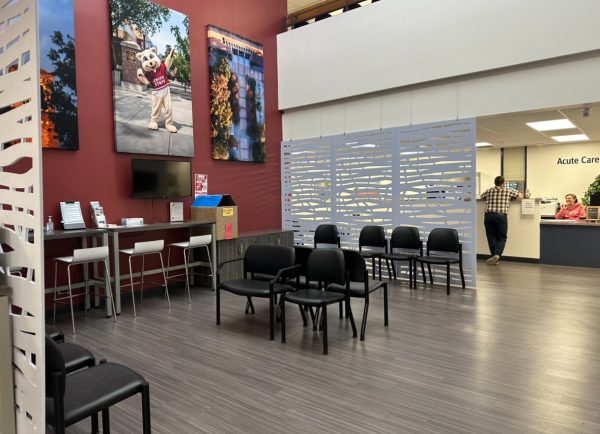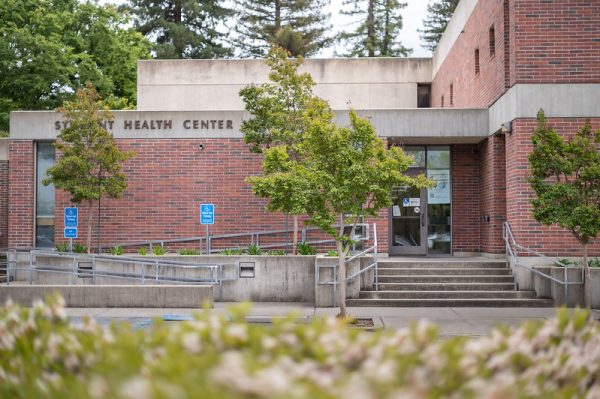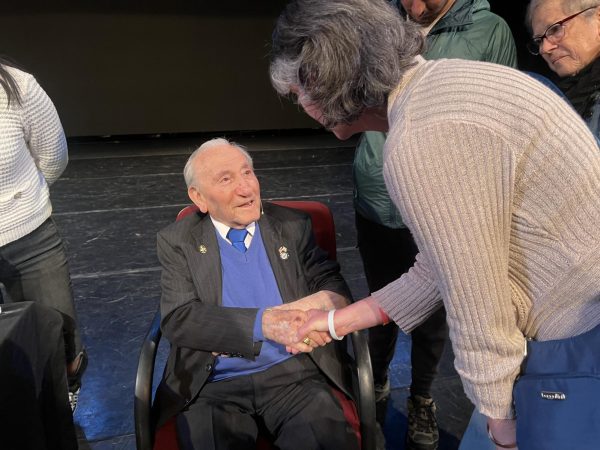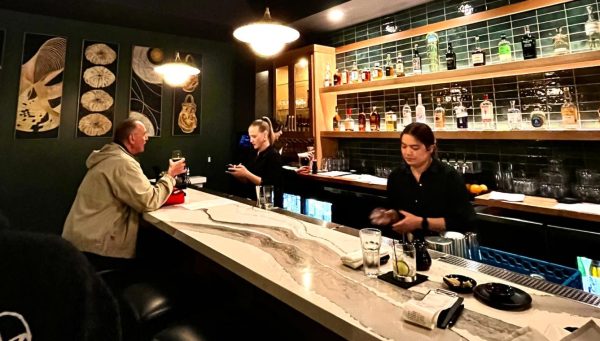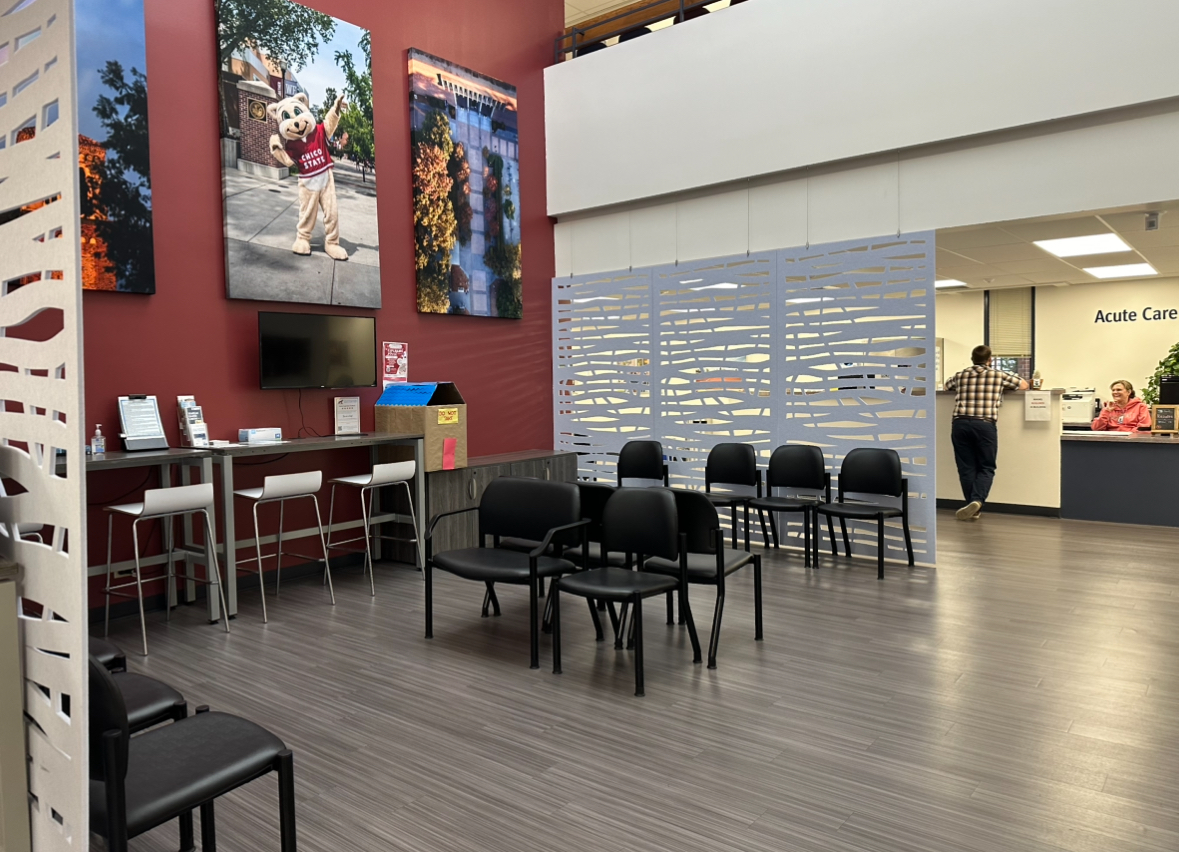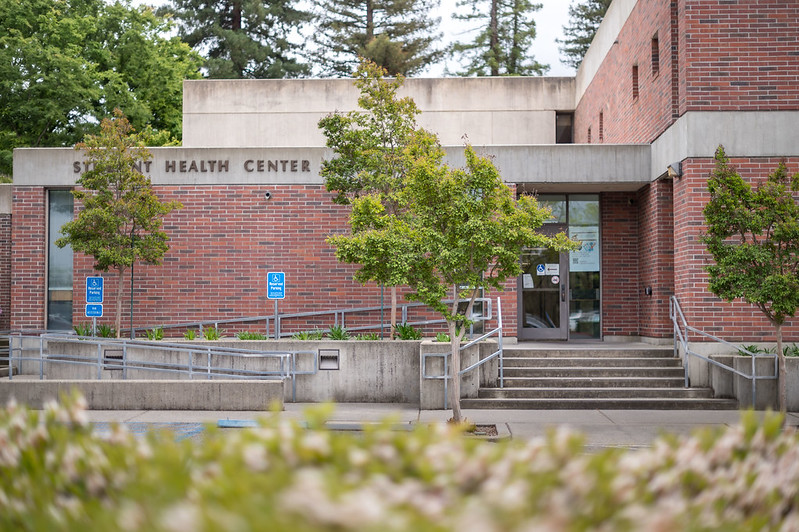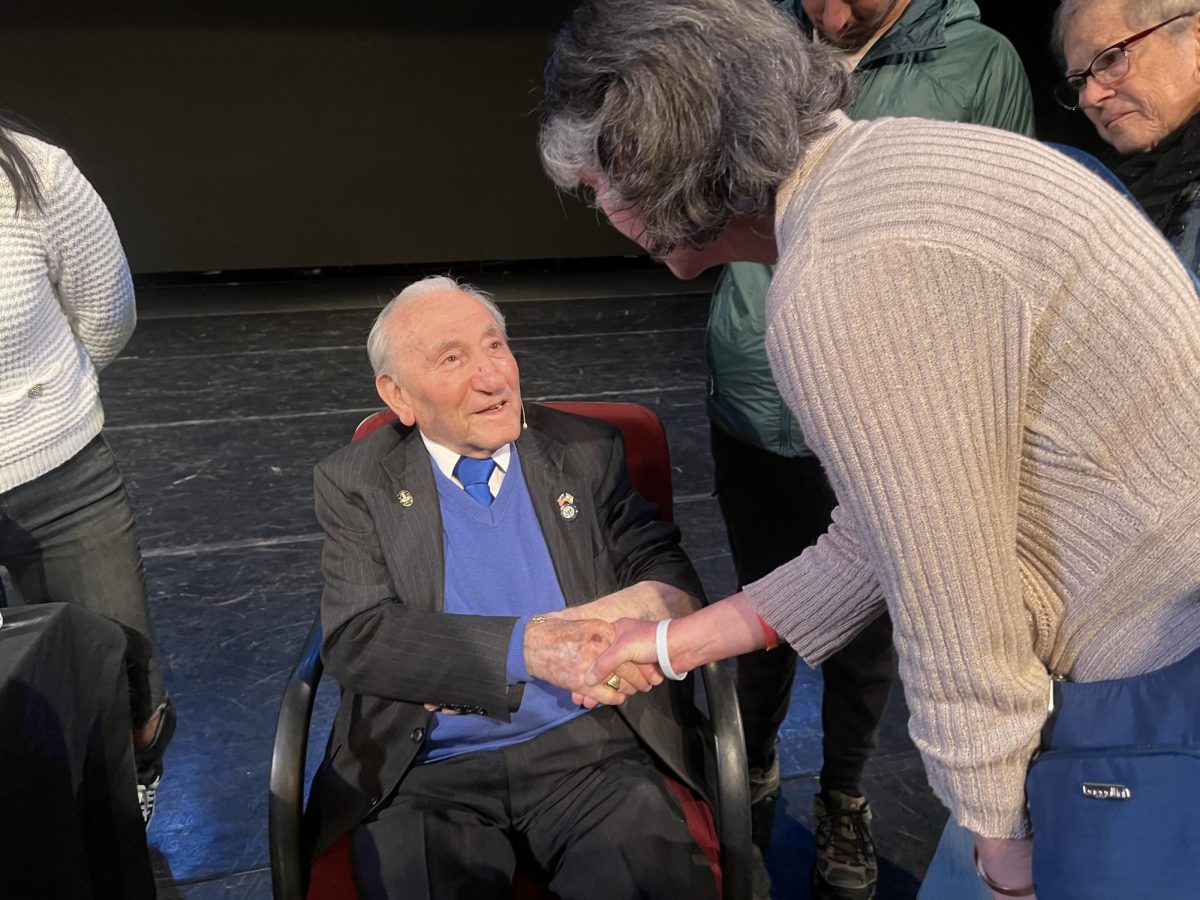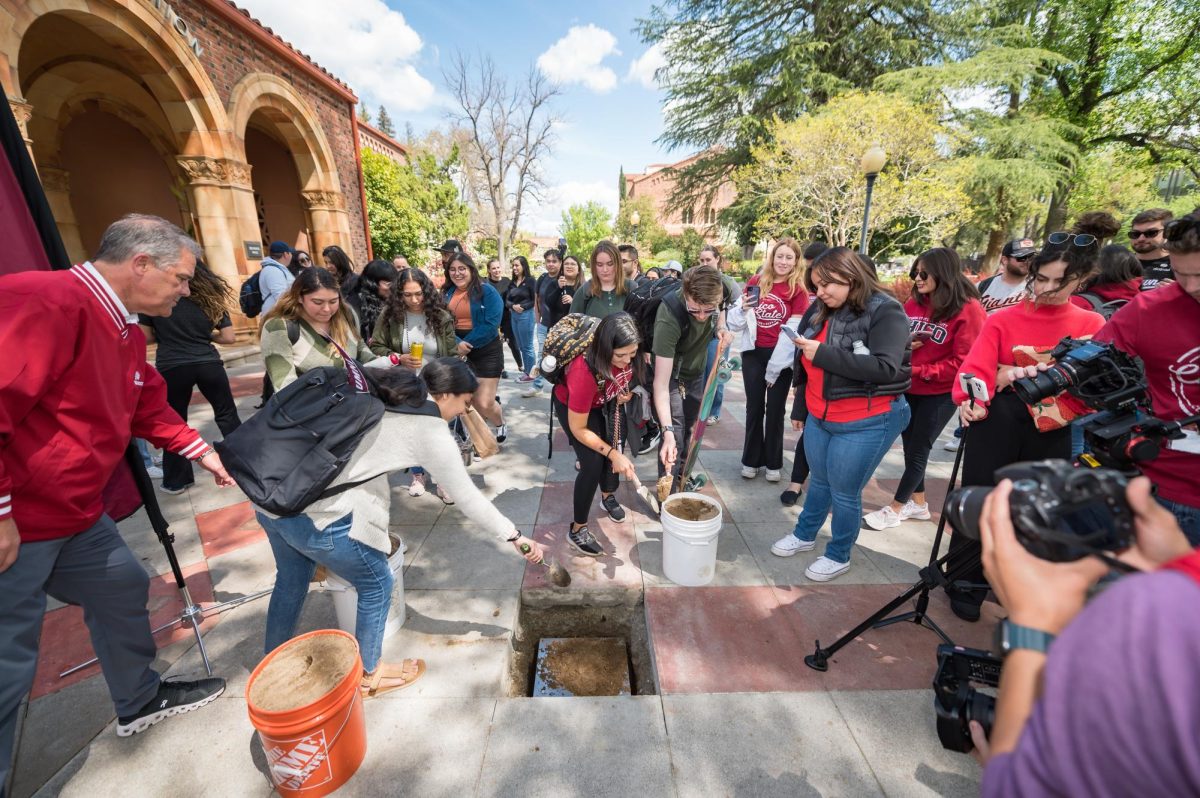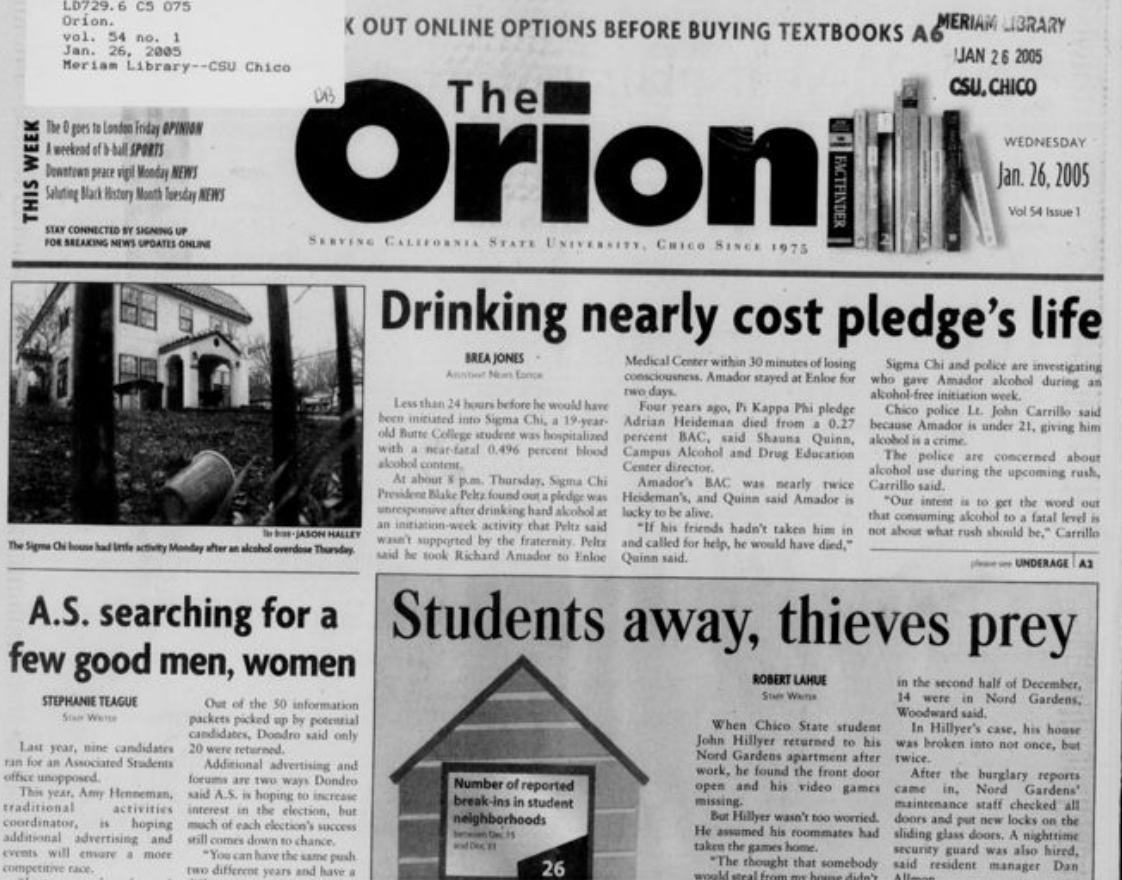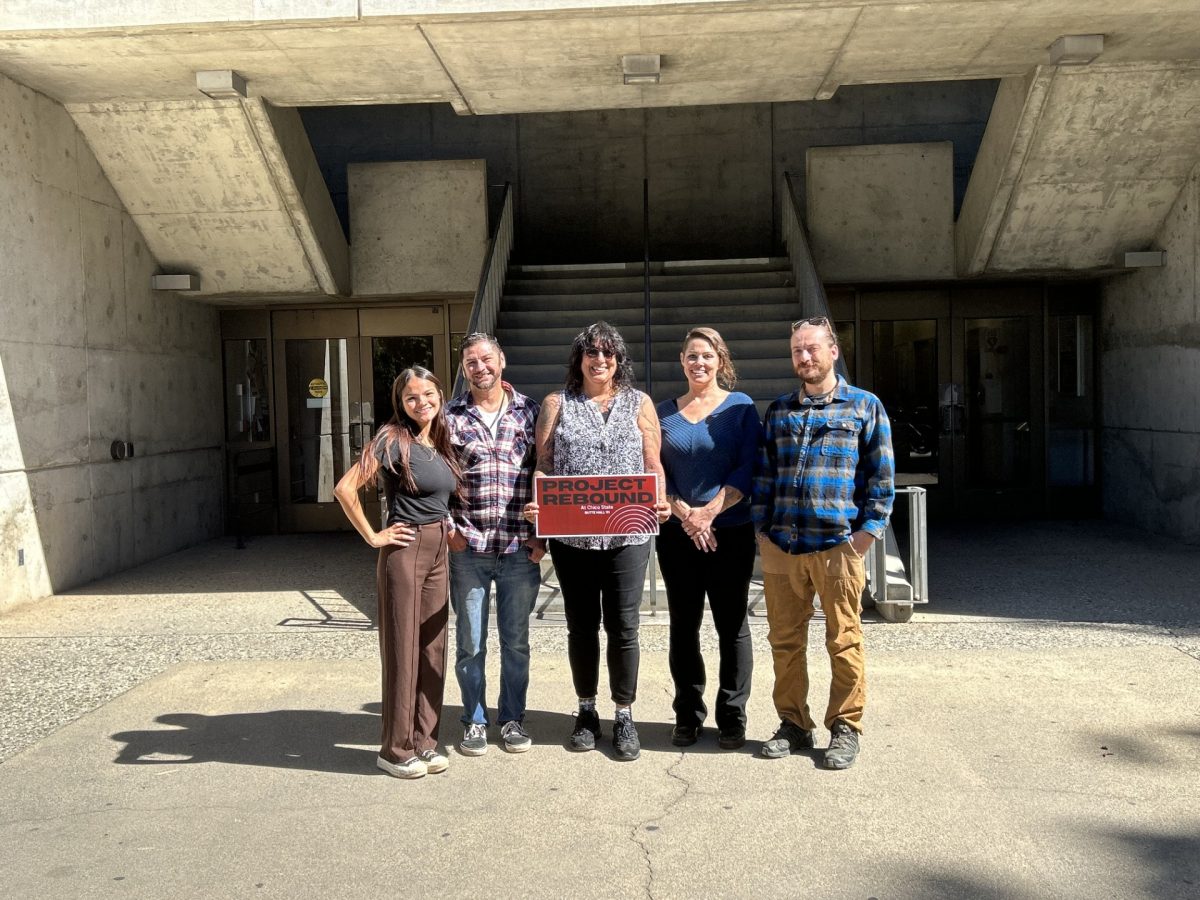
On Monday, honors students from all majors gathered in Colusa Hall to present their theses.
The presentations from both junior and seniors must be completed for the students to complete the honors program in general education.
The point of the thesis is to have an interdisciplinary focus, said Jon Williams, a senior English major,
“It is going to be grounded mostly in whatever your major is,” Williams said. “But you have to select another discipline outside of your major because they want us to be well-rounded and holistic.”
Students were free to choose the topic and focus of their theses and were required to both write a paper as well as speak on the topic for roughly 10 minutes.
Some of the topics covered at the event were: differences in education systems, organ donation, environmentally friendly architecture and many more.
In his thesis, Williams uses rhetorical theory to analyze a genre of music called national socialist black metal, specifically looking at a band called Der Stürmer.
“You think of punk rock, and you think of skinheads,” Williams said. “It’s kind of a similar thing, but instead of calling themselves Nazis they would say national socialist black metalists.”
The paper itself required students to interview two to four people or do primary research to get a greater insight on the focus topic of their theses.
Some students, like Alina Tichinin, a senior anthropology major, were exempt from doing interviews. She couldn’t interview anyone because all of her possible subjects were long dead.
“It makes it an interesting situation because you can’t get the information you want as easily as just asking,” Tichinin said, “You have to rely on what you can scientifically decipher.”
Williams was also unable to interview anyone because of the possible risks that it may have posed to his safety.
“As you might imagine, that would be a little sticky, because that would have required me to contact these, in some cases murderers.” Wiliams said.
Tichinin’s topic was equally unique as she chose to explore dietary variances and their affects on childhood nutrition in seventeenth- and eighteenth-century Latvia.
“I chose to do my thesis on this population because it allowed me to combine the work I was already doing in the isotope lab with my classwork,” Tichinin said. “I was already planning on doing something very similar before Dr. Bartelink and Dr. Warmalander offered me the opportunity to help them with this project.”
Because of her involvement with the project in Latvia, Tichinin was able to conduct her own research and analysis of the subject instead of using already published material.
Although after all the work that Tichinin put into her thesis, she remains humble, noting that the data that she used isn’t all hers.
“It (the data) is from an ongoing study with Dr. Eric Bartelink from the anthropology department and his colleagues at the University of Stockholm and the Smithsonian.” Tichinin said.”I don’t want to take all the credit for the data because I am only a partial author.”
Students like Williams and Tichinin also elected to go to the 12th annual California State University Honors Conference at the end of the week on Friday and Saturday, which Chico State is hosting this year.
There they will present their findings again for a larger audience consisting of students from other schools from all around California.
But this isn’t the end for the honors students.
Most honors students aspire to attend graduate school after graduating, Williams said, and students use their theses to apply to these programs in hopes of furthering their education.
“I’m hoping that doing this thesis shows that I am very passionate about the work that I want to do,” Tichinin said, “and that when I apply to grad schools they can see that in my work.”
Williams has even greater hopes that his work will get published in one or a few academic journals.
“I’m working with two people in the English department who have a background in rhetorical theory,” Williams said. “We have a couple of publications that we’re going to send it off to and see what happens.”
After working on their theses for months on end, students take so much away from the experience, whether it be an increased appreciation for the subject matter or just greater academic experience, Williams said.
“That’s really the cool thing about it,” he said. “It made me realize that this is my niche in academia. It’s a really great opportunity to really dig deep into a topic and kind of find your niche.”
Austin Redfern can be reached at [email protected] or @theorion_news on Twitter.
